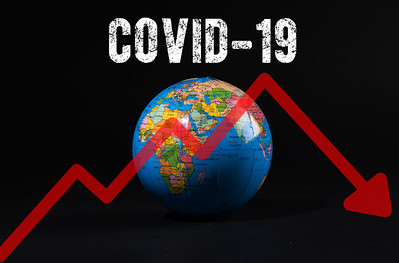
One of the most highly watched indices of the US stock market, the S&P 500 closed on Tuesday, August 18th, at a record 3,389.78, close to 3 points above its previous high that was set last February 19th.
And the S & P 500 was not alone. The NASDAQ also climbed to a new record, passing its previous June high, while the Dow Jones Industrial Average came within just 5% of its own February peak.
After the pandemic began to negatively affect the US and world economy, the stock market took an unprecedented nosedive, losing about one third of its value. But US stocks have been on the rebound since the US central bank announced a banquet of innovative economic support directives on March 23rd.
One analyst was surprised by the speed and strength of the market’s recovery, especially since the country is still faced with a pandemic that is ravaging many locations across the country, with many businesses closing and enormous numbers of people losing their jobs.
Observers believe the recovery is partly explained by actions taken by the Federal Reserve and other kinds of stimulus plus investors who are sure the economy will eventually get back on track and see the stock market as a good place to make money on that prediction.
Driving the stock market’s positive performance are to a large extent technology stocks. Apple, Microsoft, and Amazon are among those companies that have benefited from lockdowns as people shelter at home and use their devices and internet more than ever. Cloud computing and machine learning companies have also benefited.
“We would not be flirting with all-time highs were it not for technology,” said Terry Sandven, chief equity strategist at US Bank Wealth Management.





